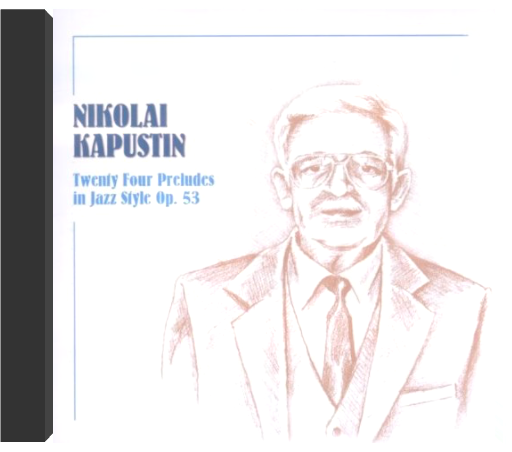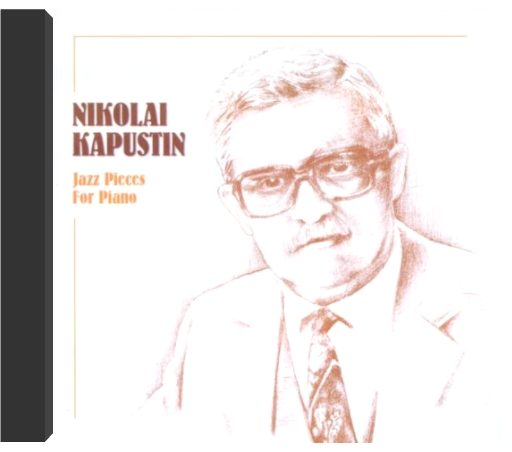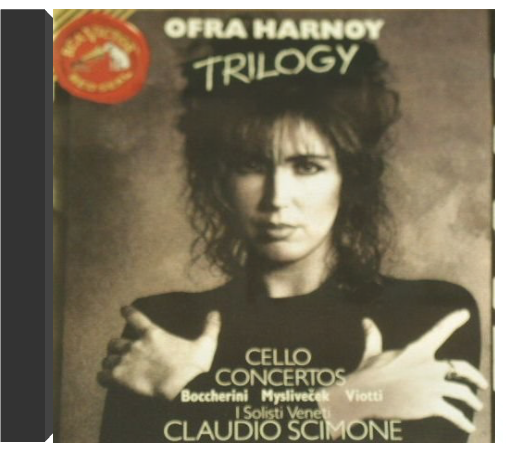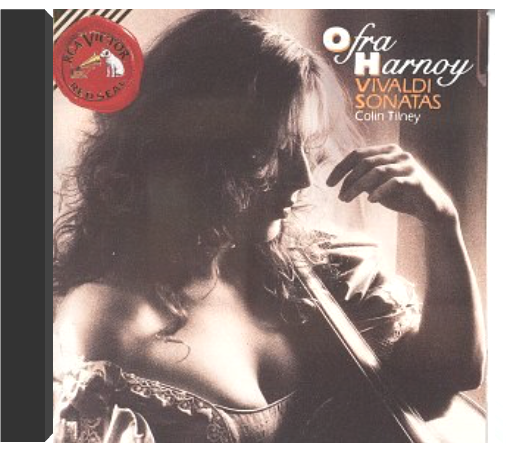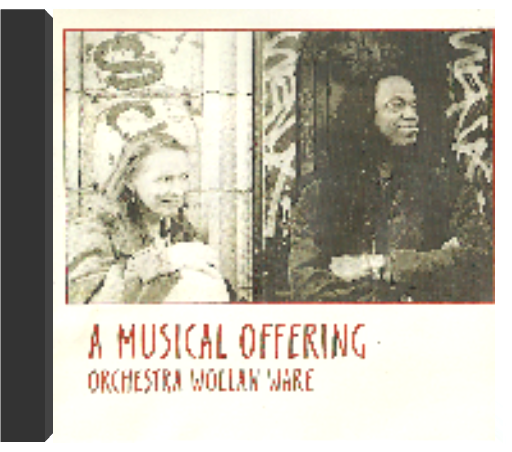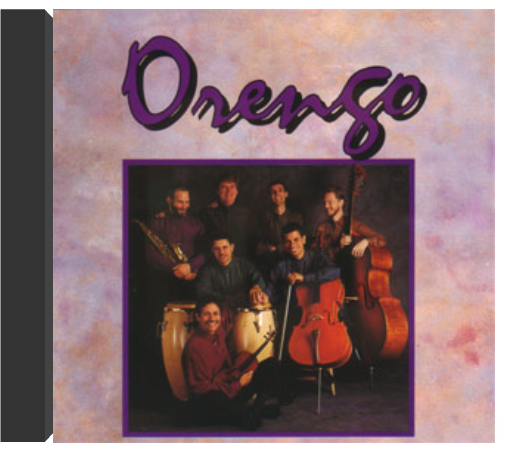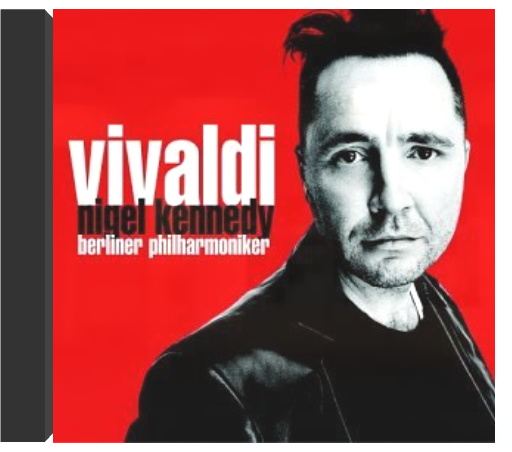 Nigel Kennedy: VivaldiNigel Kennedy Nigel Kennedy: VivaldiNigel Kennedy Not content with having produced one wildly successful recording of Vivaldi's Four Seasons in 1989, Nigel Kennedy, irrepressible enfant terrible of the violin world, apparently decided it was time for another version to display the new insights and ideas he had gained during those years. And indeed the differences are far-reaching and fundamental. The old version was relatively conventional, faithful to the score in text and spirit, with moderate tempi and no exaggerations. The new version's motto might be "everything to excess": tempi, tempo changes, dynamics. The sound effects are realistic to nature, but unnatural to string instruments, and there is a lot of scratching in the loud, vigorous sections. Perhaps in a nod to baroque practice, there are swells on the long notes, crescendos and decrescendos on ascending and descending lines, unvibrated passage, and long pauses before final notes. This is the first of a multi-disc collaboration between Kennedy and the musicians of the Berlin Philharmonic, called "The Vivaldi Project," and it is interesting that these famously tradition-conscious, staid players seem quite comfortable with his iconoclastic approach. Phrasing, articulation, and spirit are remarkably unanimous; the balance is fine with very strong cellos and basses. In the two double concertos—one famous, one unknown, both delightful—whose fast movements are taken at break-neck speed, the concertmaster matches Kennedy in verve and virtuosity, no mean feat. In spite of all his excesses, Kennedy's playing is superb; his technique is brilliant, his tone has a beguiling, aching sweetness. He is in his element in the improvisations; indeed they sometimes take on a life of their own. The most convincing, satisfying parts are the slow movements: played with unspoiled simplicity, deep expressiveness, and repose, they speak straight to the heart. Here, one feels, is where the real Kennedy comes out. —Edith Eisler 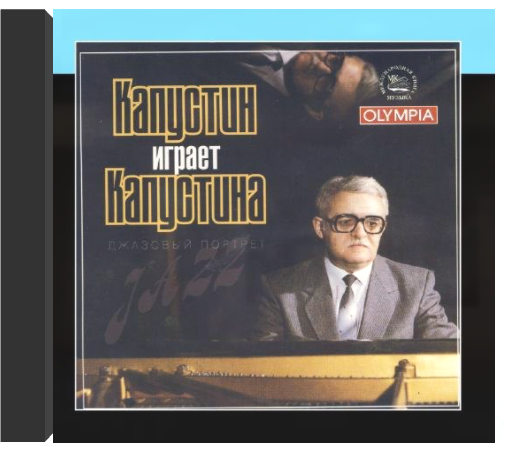 Kapustin Plays Kapustin - A Jazz PortraitNikolai Kapustin Kapustin Plays Kapustin - A Jazz PortraitNikolai Kapustin Kapustin Plays Kapustin - A Jazz Portrait by Nikolai Kapustin 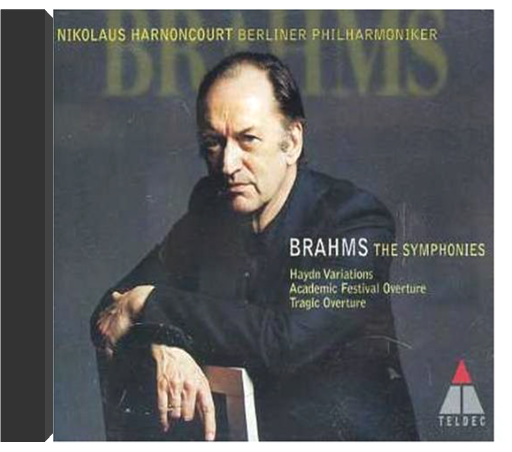 Brahms: The Symphonies /HarnoncourtNikolaus Harnoncourt Brahms: The Symphonies /HarnoncourtNikolaus Harnoncourt Weird. Nikolaus Harnoncourt's ideas are almost always interesting and provocative, but over many hearings I find these performances do not wear all that well. The problem with being a critic is that you always crave the novelty of a fresh approach, and Harnoncourt certainly offers that. But there are just too many moments of uncomfortable sounding ensemble, strange phrasing, and most importantly, a blunting of the music's few really important climaxes. If you know the music well and want something different, then it's hard to deny Harnoncourt's conviction. It just leaves a very funny aftertaste. —David Hurwitz 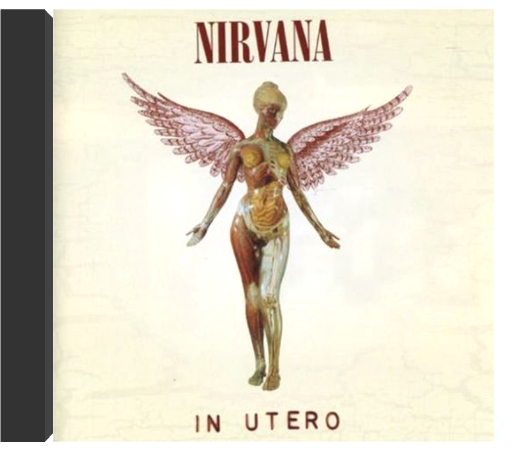 In UteroNirvana In UteroNirvana 1993 Geffen release, the band's final studio album with the 7:33 long 'Gallons Of Rubbing Alcohol Flow Through The Strip' added as a bonus track that is listed on the back inlay of the jewel case, but is hidden on the disc itself, since the CD scans only 12 tracks. 13 tracks total, also including the alternative hits 'All Apologies', 'Heart- Shaped Box', 'Milk It' and 'Rape Me'. The CD is a color picture disc. 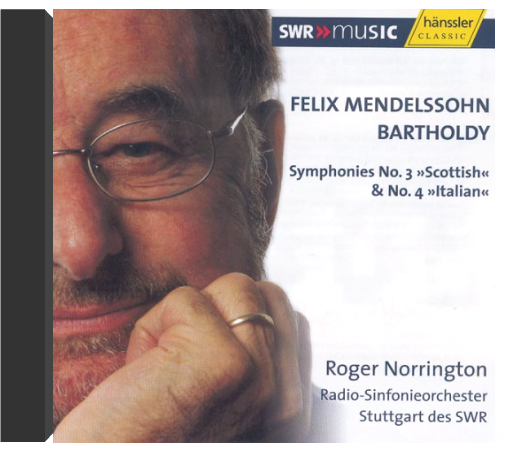 Mendelssohn: Symphonies 3 & 4Norrington, Stuttgart Radio Symphony Orchestra Mendelssohn: Symphonies 3 & 4Norrington, Stuttgart Radio Symphony Orchestra Recorded live at the 2004 Stuttgart European Music Festival, this CD offers Mendelssohn’s two most popular symphonies in revelatory performances led by Roger Norrington, whose verbal introductions to both works are included in the recording. Following the global success of his earlier recordings of Beethoven and Berlioz on period instruments, Norrington demonstrates how a modern symphony orchestra can reconnect with its roots and embrace the traditions of the past. This recording received five stars and a "Recording of the Month" designation from German music magazine Fono Forum. 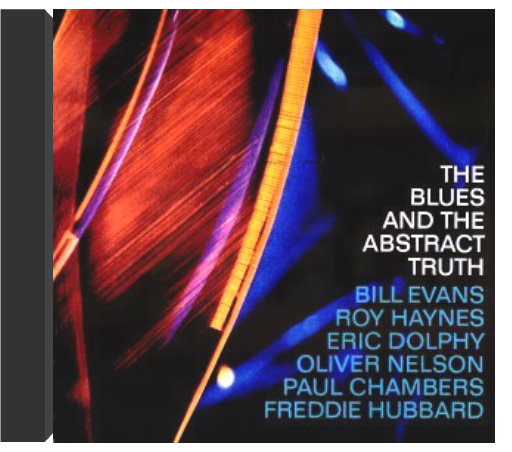 Blues And The Abstract TruthOliver Nelson Blues And The Abstract TruthOliver Nelson Japanese only SHM-CD (Super High Material CD - playable on all CD players) pressing. Universal. 2008. |
 Made with Delicious Library
Made with Delicious Library

